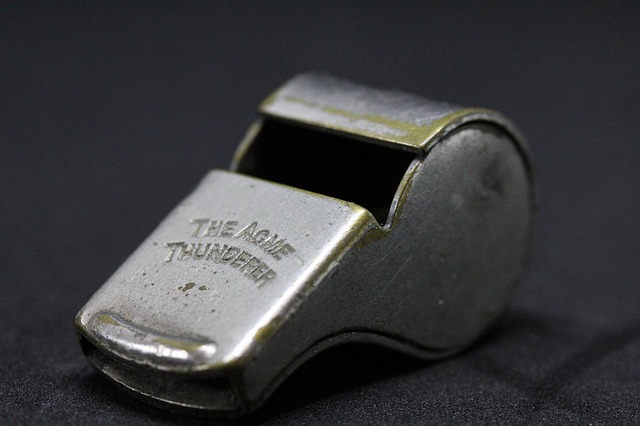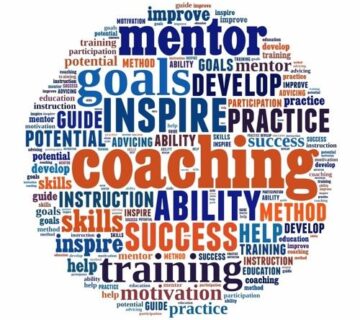If you were in New Zealand in the 80s then you may recall the “unfortunate experiment” which cast a very dark shadow over the National Women’s Hospital at that time. Last week I attended an incredibly inspirational talk by Dr Ron Jones, author of Doctors in Denial: The forgotten women of the unfortunate experiment, which spoke about the doctors and women involved. It is a painful reminder of what happens when people in power allow their egos to get in the way of sound judgement and good decision making. This “experiment” caused thousands of women to lose their lives from cancer that could have been cured. Dr Jones was one of the very few whistle blowers in this story and it is his mission in life, aside from a tribute to the women who passed away in this experiment, to educate New Zealanders about the truth of this outrageous and very preventable disaster.
Dr Jones’ story highlighted a number of characters who played significant roles in this experiment and at some point it sounded more like a horror fairytale than a true event. As Dr Jones spoke I realised that the characters he referred to in this story are also ones that we are all very familiar with and may engage with in our work and personal lives on an ongoing basis. Two main characters really stood out for me.
1) The “EGO character” – Dr Jones spoke of two main individuals in his story who were driving this experiment from the beginning. He called them bullies. Bullies with big egos are probably the most dangerous and destructive character trait I can think of. It doesn’t matter how wrong these people are, they will always dig their heels in and never admit failure. For these people self-preservation will always trump the will to be honest and prevent others from suffering.
2) The “BLINKERS character” – The blinker wearers in Dr Jones’ story, were highly qualified, world renowned and respected individuals at the peak of their careers. They did absolutely nothing, except turn a blind eye to what was going on. By not getting involved they allowed the bullies to take over.
So what can we learn from this horrific story? What can we do to prevent this type of behaviour from sneaking into our lives?
One thing that I have learned over the years, is that it is not about trying to control other people’s behaviours. It’s all about being aware of our own behaviours and controlling how we portray ourselves in the world. Learning from these stereotypical character traits will not just help us become better human beings, but by having a strong self-awareness it will positively influence our immediate environment and the people around us. Lead by example and keep the following in mind.
1) No one is perfect, we all make mistakes. Learn to be humble.
2) Never let your ego get in the way and cause you to develop tunnel vision.
3) It’s okay to be wrong and to admit your failure.
4) Use your voice and stand up against bullies when others cannot.
5) Leaders are responsible and accountable for their teams.
To be safe, how can we double-check that we are not turning into bullies or blinkers? We can learn to develop “self-checking-in” systems. Just like jumping on a scale to check on our weight, we can jump on the self-awareness scale and actively check behaviours and habits by asking ourselves questions, or if need be, ask a trusted colleague or friend to provide some honest feedback.
1) Did I listen to the other party?
2) The decisions that I am making, do they align to my business values?
3) Am I respectful in my approach?
4) Do I display ethical behaviour?
5) Will the decision that I am making benefit my business or just my personal needs and desires?
These lessons are not new and we hear these statements all the time, but how often do you really apply these lessons? Perhaps today is a good time to start.
Latest posts by Nicole Coyne (see all)
- A business strategy is not enough - June 3, 2024
- Networking – quality or quantity? - February 19, 2024
- How behaviour profiling can work for your business - January 5, 2024




